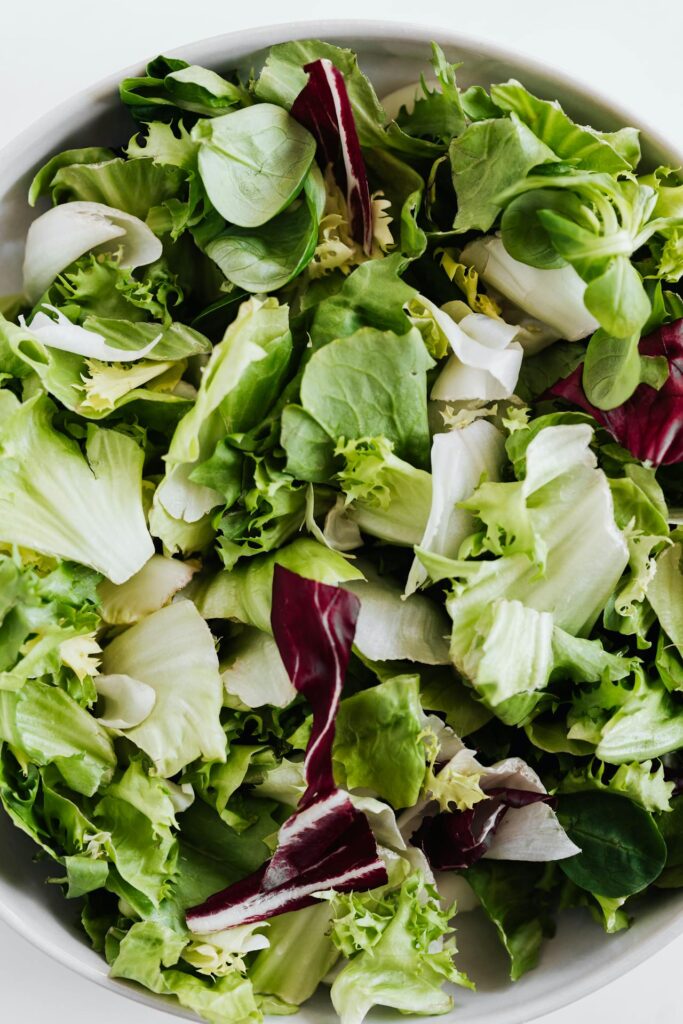Leafy Greens: Start your journey towards better health with nutrient-rich leafy greens like spinach, kale, and Swiss chard. These are packed with vitamins, minerals, and antioxidants to support your overall well-being.
Colorful Veggies: Fill your plate with a rainbow of vegetables like bell peppers, carrots, and tomatoes. The vibrant hues indicate a variety of nutrients that your body craves for optimal functioning.
Lean Proteins: Incorporate lean protein sources such as chicken breast, turkey, tofu, or legumes into your meals. Protein is essential for muscle repair, growth, and overall satiety.
Whole Grains: Choose whole grains like quinoa, brown rice, and oats over refined grains for sustained energy release and better digestion. These grains are rich in fiber, vitamins, and minerals.
Healthy Fats: Include sources of healthy fats such as avocados, nuts, seeds, and olive oil in your diet. These fats support heart health, brain function, and absorption of fat-soluble vitamins.


Fatty Fish: Aim to eat fatty fish like salmon, mackerel, and sardines at least twice a week. They are rich in omega-3 fatty acids, which have anti-inflammatory properties and benefit heart health.
Low-fat Dairy: Opt for low-fat or non-fat dairy products like Greek yogurt and skim milk for calcium and protein without excess saturated fat. These dairy options support bone health and muscle recovery.
Fresh Fruits: Enjoy a variety of fresh fruits such as berries, apples, oranges, and bananas as snacks or dessert. They provide essential vitamins, minerals, and antioxidants to boost your immune system.
Herbs and Spices: Flavor your meals with herbs and spices like garlic, ginger, turmeric, and cinnamon instead of relying on salt and sugar. Not only do they add depth to your dishes, but they also offer numerous health benefits.
Hydration: Stay hydrated throughout the day by drinking plenty of water. Hydration is key for optimal bodily functions, skin health, and overall well-being.
Portion Control: Practice mindful eating and be mindful of portion sizes. Pay attention to your body’s hunger and fullness cues to avoid overeating.
Snack Wisely: Choose nutrient-dense snacks like mixed nuts, yogurt, or hummus with veggies to keep your energy levels stable between meals.
Meal Prep: Take the time to plan and prepare your meals in advance to avoid relying on unhealthy convenience foods. This ensures that you have nutritious options readily available.
Moderation: Allow yourself to enjoy your favorite treats in moderation. Depriving yourself completely may lead to feelings of guilt and ultimately sabotage your healthy eating efforts.
Self-Compassion: Remember to be kind to yourself on your journey towards healthier eating habits. Embrace progress over perfection and celebrate small victories along the way.

By incorporating these wholesome foods and practices into your daily routine, you’re not just nourishing your body but also nurturing your overall well-being. Here’s to a healthier, happier you!

